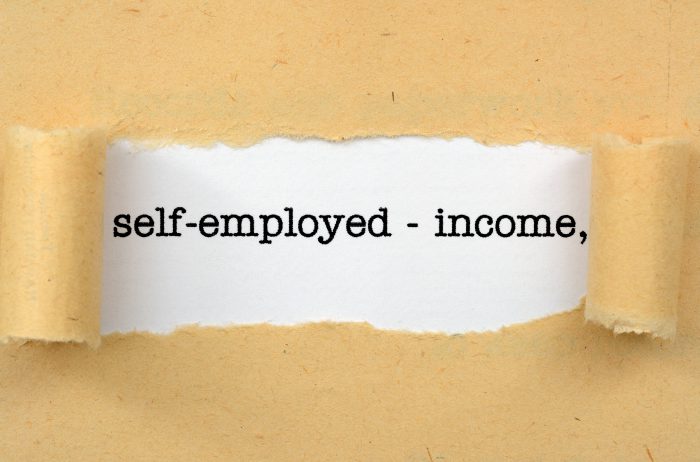Roughly 1 in 6 Canadians work for themselves and CMHC wants to help them get a mortgage.
Most notably, the nation’s largest default insurer is allowing lenders more flexibility when approving borrowers with less than two years of self-employment income.
If you’re in business for yourself and getting a default-insured mortgage, CMHC has announced the following changes that may help you get approved:
- Lenders are now encouraged to accept applications from self-employed borrowers who have been operating their business for less than 24 months, or in the same line of work for less than 24 months, if the borrower has:
- Sufficient cash reserves
- “Predictable earnings”
- Acquired an established business
- Previous training and education related to the business, and/or
- Demonstrated history of well-managed credit
- Lenders are now encouraged to accept the following types of income documentation for borrowers who have recently become self-employed:
- Previous employment documentation related to the type of income
- Recent account statements
- Business documentation
- Signed business contracts
- CMHC also now explicitly requires borrowers proving income with CRA notices of assessment (NOAs) to also provide their T1 General tax returns.
- Lenders can now accept CRA Proof of Income (POI) statements to support the borrower’s income and/or zero-income-tax owing.
- The POI statement can be used as an alternative to the NOA and T1 General, CMHC says.
The above changes apply to self-employed borrowers who:
- Are buying with less than 20% down and paying for high-ratio default insurance
- Are buying with 20%+ down and using a lender that insures its mortgages (at the lender’s expense)
- Switching to a lender that insures its mortgages (at the lender’s expense)
All of these changes take effect October 1, 2018.
Other default insurers also have programs for self-employed borrowers, including:
These insurers have long allowed more liberal proof of income (i.e., more flexible documentation requirements). But, unlike CMHC, Genworth and Canada Guaranty require the borrower to have been in business for at least two years in order to benefit from this flexibility.

 log in
log in
 Roughly 1 in 6 Canadians work for themselves and CMHC wants to help them get a mortgage.
Roughly 1 in 6 Canadians work for themselves and CMHC wants to help them get a mortgage.